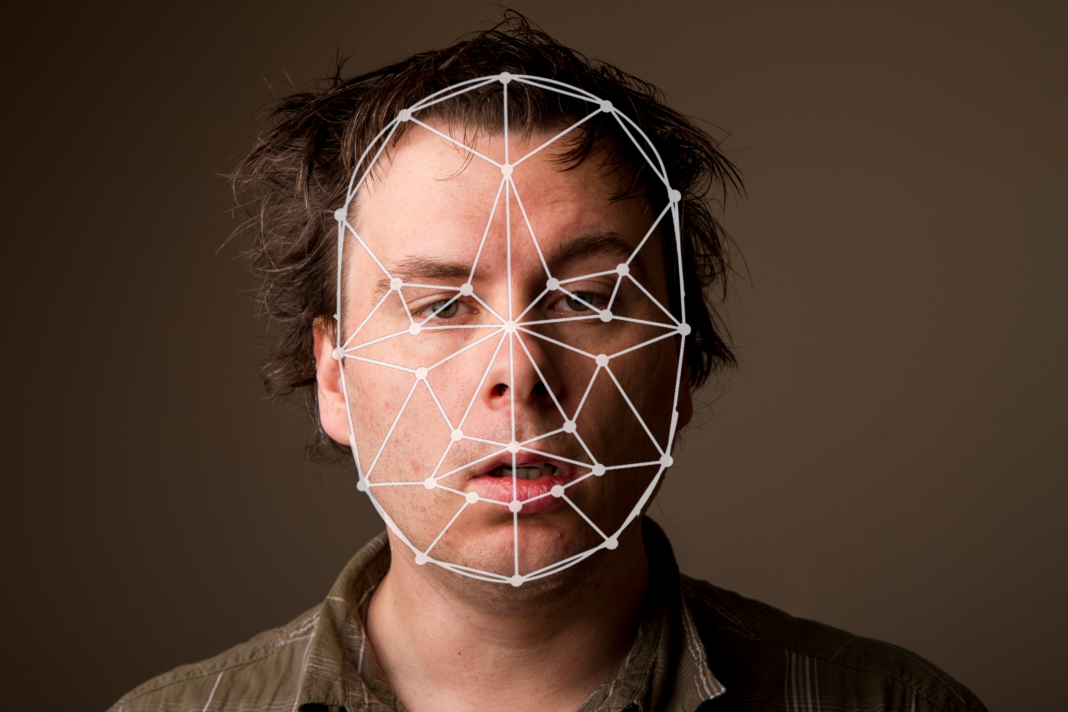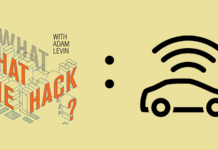Innovation can create new problems, and often even new industries. Two and half millennia after the invention of the wheel, we have traffic jams–made possible by the auto industry and Big Oil. That’s two industries right there. Fast food and high fructose corn syrup caused worldwide obesity, and gave rise to factory farming as well as the diet industry. (That’s two more!)
More recently, privacy has been a recurring issue when it comes to innovation, but it was a problem pre-Internet, as well.
Credit cards opened the door to overspending and account takeover as well as a host of privacy concerns around who gets to know your spending and bill-paying habits. Then there’s EZPass and FasTrak. Who doesn’t love automated toll roads? (Hint: People who don’t like being tracked.) The list is potentially endless, but no innovation has given rise to as many industries in the last fifty years than the Internet.
(Yep, the Internet is eligible to join the AARP this year!)
User privacy is an essential part of keeping your data and identity safe online; it’s something we talk about regularly on our podcast “What the Hack with Adam Levin.”
It’s no easy task to identify the 10 biggest Internet-related privacy failures masquerading as the next best thing since the World Wide Web, but here it goes.
#10: Facial Recognition
Passwords are a pain to keep straight. Getting codes sent to your phone each time you log into an account is tedious. ID cards get lost. Wouldn’t it be nice if we could just look into a camera and get authenticated? After all, most of us are going to have the same face for the foreseeable future.
Facial recognition professionals are glad you feel that way. The original promise made by this particular branch of biometric authentication was a quick and easy way to prove you were you, no cumbersome passcodes or thumbprint scanners.
Companies and government agencies quickly jumped on board: Microsoft’s Xbox consoles automatically logged users into an account once their face was identified by an on-board camera. Apple’s iOS devices use facial recognition as a default security feature. Immigraton officers around the world use the technology to speed their work.
What makes facial recognition so convenient is the same thing that makes it feel like an Orwellian nightmare: It doesn’t require you to do anything other than have a face — cameras and AI do the rest. Once your face is turned into a data set, any internet-connected camera can let a third party know when you walk through the door. Maybe that’s why Meta, just dropped its use of facial recognition on its flagship site, Facebook. (They’re expected to continue to use it within their Orwellian ecosystem of “metaverse” products.)
It’s not just about stopping Jason Bourne at the airport. That late-night beer and Twinkie run he made on his way to exposing black ops are now part of his purchase profile. There is nowhere to hide.










